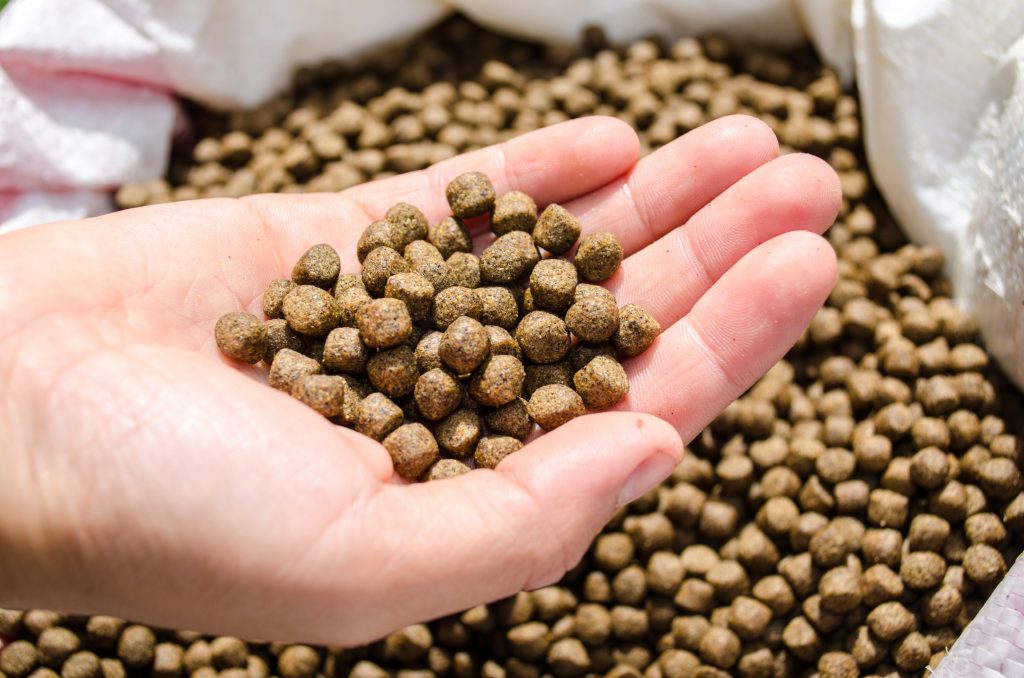Enzymes could improve the performance of plant-based protein diets
Until recently, the main sources of key dietary nutrient inputs were fish meals and fish oils. The fish feeds contain high levels of protein and essential amino acids (EAA), their nutrient digestibility is optimal, are free of anti-nutrition factors (ANFs), accessible and economic. The fish meals are manufactured from wild-caught and marine fish which contain oil and bones in a high percentage. The last decades the fish stocks are decreased and according to WWF currently the 2/3 of the wild stocks are over fished. For facing the high demand of the fish meals and the shortage of the fish stocks, feed formulators are looking for alternative protein sources which can replace fish meal.
As an alternative to fish meal, plant-based protein ingredients have been proposed. These alternatives feeds could be cost-effective, environmentally friendly and easily available, compared to the fish meal. On the other hand the use of plant proteins for fish meal replacement can be limited because of the following disadvantages of the plant proteins: plant ingredients have ANFs, lack of certain EAA, their nutrient digestibility and bio-availability is poor, and their palatability is low because of their high content of non-soluble carbohydrates.
However, some experimental diets seemed to improve the overall quality of the plant proteins using enzymes, such as protease and/or phytase. The supplementation of phytase in low phosphorus diets and protease in fishmeal‐free diets improved the growth and nutrient utilization of the experimental tilapias. As well, the partial replacement of fish meal with cotton seed meal and supplementary protease improves growth and feed performance for Nile tilapia, Oreochromis niloticus. But why the use of enzymes in plant protein-based feeds could be considered as ground-breaking news? The answer is simple: just an appropriate enzyme selection could decrease the feeding costs by 60 – 70%. Considering that the price of fish meal is approximately 1154.83€ per ton, while the price of cotton seed meals or soybean meals is about 311.65€ per ton. The price of phytase is estimated around 30-50€ per kilo and the price of the protease enzymes is estimated around 80 – 100€ per kilo[10]. However, only 175g of protease per metric ton and 400g of phytase per metric ton is needed for promoting improved digestibility.


